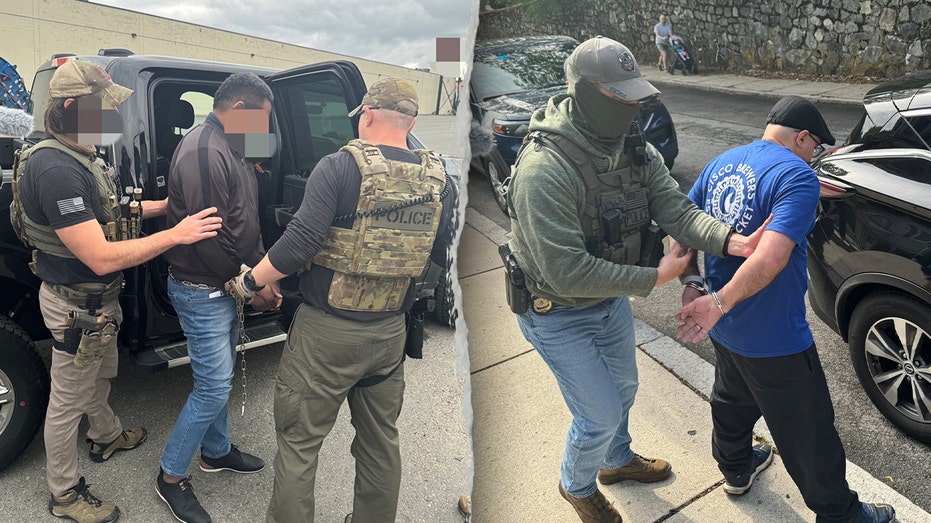Massive ICE Operation in Blue State Yields Nearly 1,500 Illegals Arrested, Largest in History
Massachusetts crack-down Operation Patriot arrests nearly 1,500 illegal criminals, including murderers, rapists, and traffickers.

In what officials are calling the largest single enforcement action in the agency’s history, Immigration and Customs Enforcement (ICE) concluded Operation Patriot on Saturday, netting a staggering 1,461 arrests of illegal immigrants across Massachusetts. The operation targeted individuals with criminal backgrounds, including murderers, rapists, drug traffickers, and child sex offenders who had been living freely in communities throughout the state.
Massachusetts, known for its extensive network of sanctuary cities, was a particular focus for ICE during this month-long sweep. The operation covered the Greater Boston area and other regions where local jurisdictions have policies that limit cooperation with federal immigration authorities. According to ICE officials, 790 of those detained had prior criminal convictions or pending charges, and 277 were already under final orders of removal or deportation.
Federal agents said the difficulty of Operation Patriot was intensified by the lack of assistance from local law enforcement—a challenge not present during previous operations in states like Florida. Despite these obstacles, ICE coordinated with federal partners, including the FBI, DEA, and ATF, and brought in teams from neighboring states to execute the largest crackdown to date. Supervisors noted that the absence of local cooperation required more personnel, greater resources, and put their agents at increased risk during apprehensions.
Many of those arrested, authorities revealed, had previously been released from local custody after sanctuary jurisdictions declined to honor ICE detainers. This, officials argue, allowed hundreds of individuals—some facing violent criminal allegations—to remain on the streets pending federal action. ICE agents also reported facing daily disruptions and protests from anti-ICE activist groups, further complicating the operation.
The issue reached a flashpoint following the arrest of an 18-year-old undocumented high school student, Marcelo Gomes, in Milford. The incident drew a swift and forceful reaction from Massachusetts Governor Maura Healey, who publicly condemned the operation. In a statement, Healey said she was "disturbed and outraged" by the actions of federal agents, accusing the Trump administration of fueling fear and undermining safety in local communities. Healey demanded answers as to why the student, a junior at Milford High School, was taken into custody.
During a press conference on Monday, acting ICE Director Todd Lyons defended the operation, stating, “If sanctuary cities would change their policies and turn these violent criminal aliens over to us instead of releasing them into the public, we would not have to go out to the communities and do this.” Lyons emphasized ICE’s commitment to public safety, vowing to continue operations to protect neighborhoods from dangerous offenders.
The press conference coincided with the arraignment of Lorenzo Lopez Alcario, an undocumented individual charged with the alleged forcible rape of a child in Massachusetts. The disturbing nature of the case, which reportedly involved tying the victim, renewed debate over the state’s sanctuary policies and the potential consequences of limiting cooperation with federal authorities.
Jon Fetherston, a former migrant shelter director in Massachusetts, criticized state leadership for resisting federal enforcement efforts. He argued that such policies create a climate where even convicted criminals receive protection from immigration authorities, calling it “not only unsafe for ICE agents, it’s unsafe for all of us.” Fetherston asserted, “That’s not compassion—it’s recklessness.”
As the political fallout continues, both sides remain entrenched. Federal officials insist that continued operations are necessary to maintain community safety, while state leaders argue that broad sweeps create fear and erode trust between immigrant communities and local authorities. The ramifications of Operation Patriot are expected to reverberate for weeks to come, as Massachusetts and the nation grapple with the ongoing debate over immigration enforcement and sanctuary policies.




